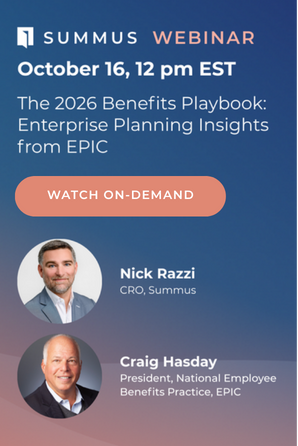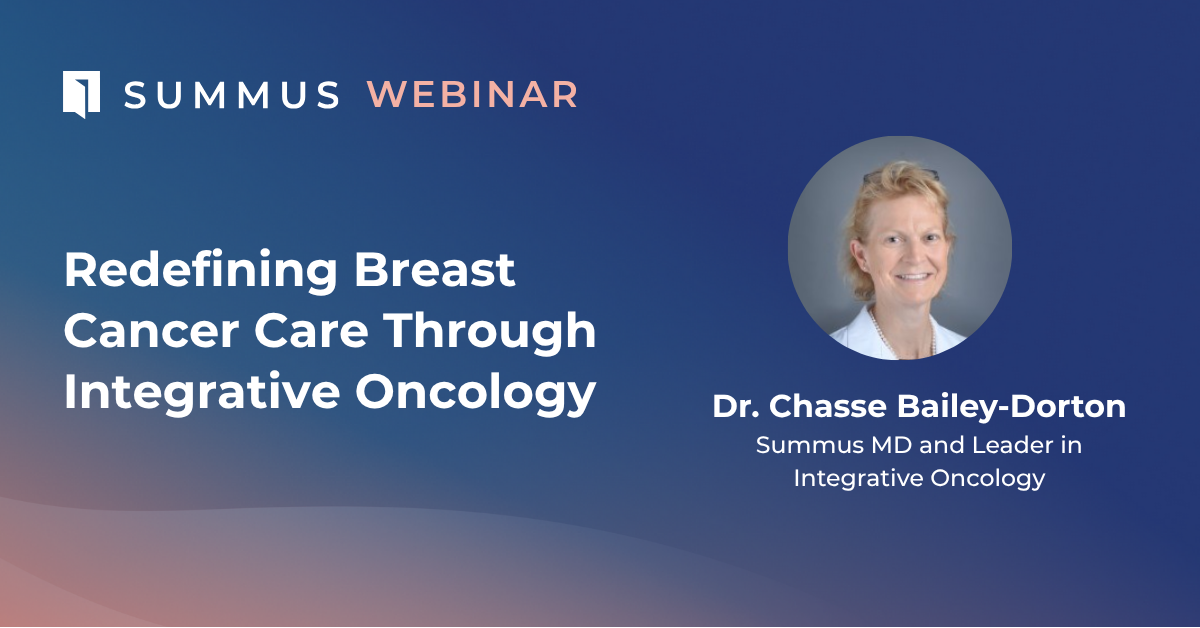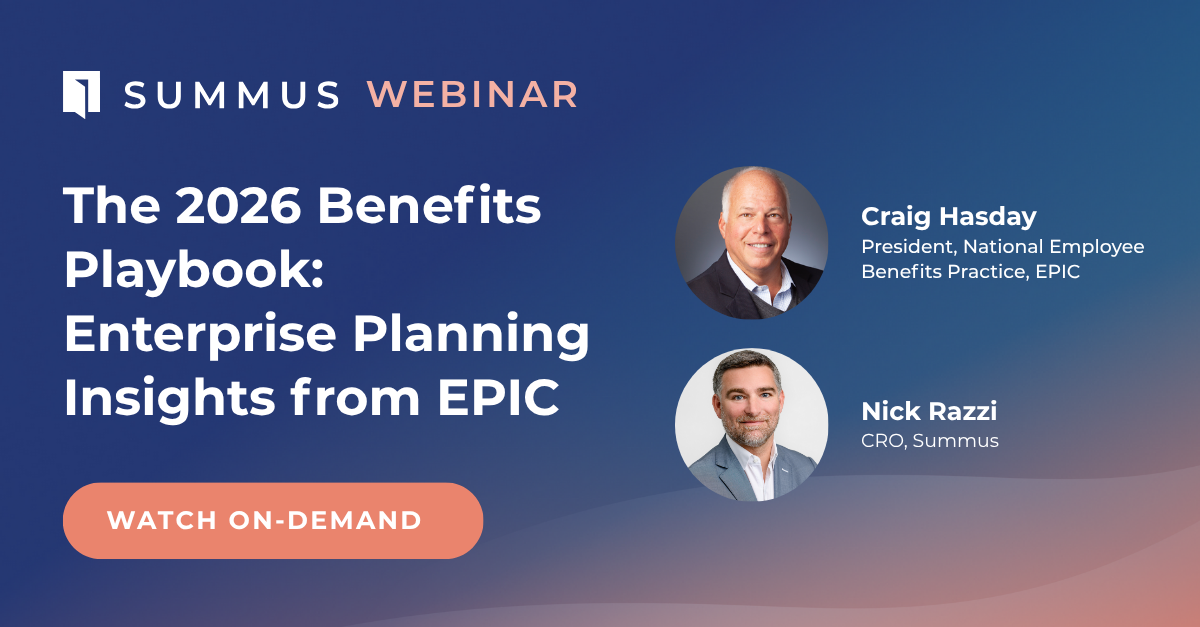Cancer is one of the most devastating and costly conditions facing employees and their employers. Each year, cancer accounts for nearly $200 billion in medical costs and lost productivity in the U.S. alone. For employers, a single cancer diagnosis can drive costs higher than almost any other condition, not to mention the human impact on employees and their families.
The question for HR and Benefits leaders is no longer if cancer will impact their workforce, but how prepared they are to support employees while responsibly managing costs.
Why Cancer Costs are Rising
Cancer care costs are climbing rapidly, and not just for rare cases. Below are some of the key drivers that every employer should understand:
Employer spend on cancer claims is projected to rise by ~30% in just three years.
A 2024 survey of U.S. self-insured employers found that many expect annual cancer care spending to increase up to 9% per year, compounding to nearly 30% overall by 2027. Cancer already accounts for 16% of employer healthcare spend on average. (Source: Carrum Health, 2024)
Later-stage diagnoses drive dramatically higher costs.
Research shows that treatment for late-stage cancers can be up to 7x more expensive than treatment caught at an earlier stage. Beyond direct costs, employees diagnosed later face longer, more intensive treatment and greater productivity loss. (Source: PHAR/GRAIL, 2024)
New therapies, new costs.
While breakthroughs in immunotherapy, biomarker-driven care, and gene therapies are saving lives, many carry price tags of $120,000+ in the first year of treatment, with some CAR-T therapies exceeding $700,000 in real-world costs. (Source: MedPath, 2024)
Impact on employers: Rising premiums, unpredictable stop-loss exposure, and higher financial risk for self-insured companies—all while trying to balance compassion and care.
The Human Side Employers Can’t Ignore
Cancer doesn’t just affect balance sheets—it affects people. Employees diagnosed with cancer often feel overwhelmed by a confusing healthcare system. They struggle with:
- Finding the right specialist at the right time
- Understanding treatment options
- Coordinating care across multiple providers
- Balancing work, family, and treatment schedules
Without structured support, employees disengage from their jobs, face emotional burnout, and may even leave the workforce.
Forward-looking organizations recognize this. Aflac’s #CheckForCancer campaign, for example, shines a spotlight on the importance of early detection and employee education. Other employers are investing in navigation services, second opinions, and enhanced leave benefits to provide compassionate support alongside financial stewardship.
The Employer Opportunity
Innovative employers are reimagining how they support employees with cancer. Instead of accepting escalating costs as inevitable, they’re asking:
- How can we reduce misdiagnoses and unnecessary care?
- How do we give employees confidence in their treatment while improving outcomes?
- What role should HR and Benefits play in making the healthcare journey less overwhelming?
The answer lies in combining personalized navigation with high-quality specialty expertise.
Rebecca’s Story: When Rebecca faced a cancer diagnosis, Summus connected her with top oncology specialists who reviewed her treatment plan and gave her confidence in her path forward. With that clarity, she avoided unnecessary procedures, reduced costs, and gained peace of mind. Read Rebecca’s full story
Employers can take meaningful steps to reduce costs and improve employee outcomes:
- Prioritize early detection. Encourage screening campaigns and preventive care to catch cancers sooner.
- Invest in navigation and second opinions. Reducing misdiagnoses and redundant care lowers costs and improves confidence in treatment decisions.
- Create a culture of support. From paid leave to mental health resources, employees facing cancer need whole-person care.
A Path Forward
Cancer will continue to be one of the most complex and costly conditions for employers. By investing in early detection, empowering employees with trusted guidance, and ensuring access to high-quality specialists, HR leaders can strike the balance between cost control and compassion.
For organizations seeking to take the next step, programs like Summus Oncology provide doctor-led navigation and access to leading cancer specialists, helping employers contain costs while giving employees the clarity and confidence they deserve.
Learn more in our on-demand webinar: Supporting Employees Through Cancer: HR’s Role in Navigating Oncology in the Workplace.





